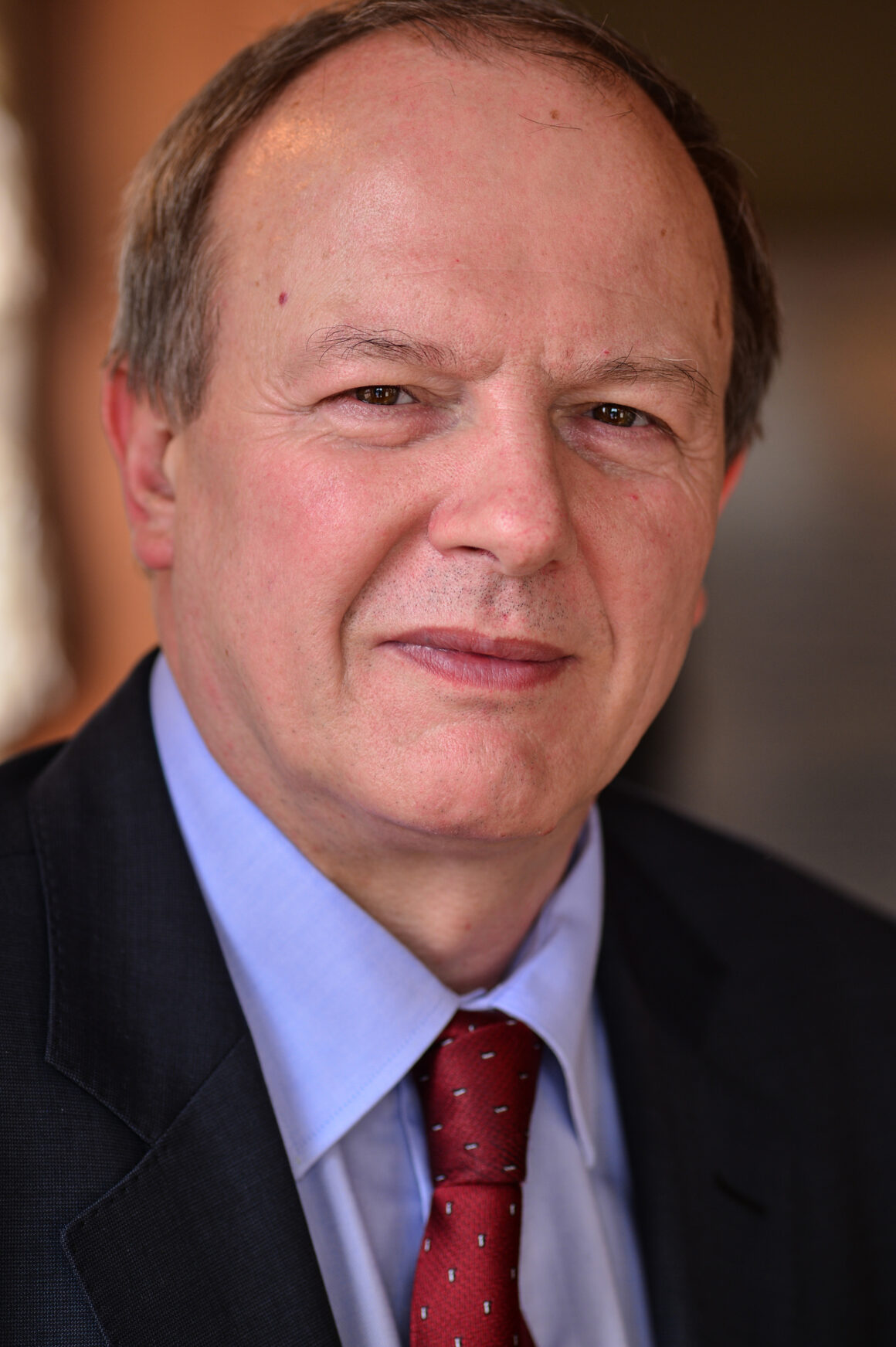Confessions of a Muslim Humanist, Piše: Prof. dr. Enes Karić
is exactly striving toward building the multilateral society that has existed in Bosnia
and Herzegovina for centuries. Today, almost three decades since Izetbegović had
stated his warnings, his key words mentioned in numerous pages of Sjećanja can be
seen to have emerged from the very reality of this part of the world. His words and
warnings have not expired but remain as unignorable ideals.
According to Sjećanja, Alija Izetbegović also appears in all his addresses from
1990 to 2000(6) as a Muslim European,(7) as a man of an East-West synthesis, and as
a statesman and intellectual recognized for his inclusive positions, attitudes, and
opinions. However, Sjećanja very intimately, bitterly, and painfully speaks about the
meetings Alija Izetbegović had with everything flowing downstream from those times:
the war and aggression, cruel adversaries, cunning politicians, brutal negotiators,
indifferent cartographers, scheming mediators, courtesy envoys, powerful world
statesmen, provincial para-statesmen, humanitarians, humanists, world religious
leaders, criminals, traitors, military leaders, mannequins and war dogs, international
peacemakers, plain soldiers, and refugees.(8)
Occasionally albeit rarely, Sjećanja testifies to a despondent author who’s been
left alone with his realizations that there is no way out, to one who is the head of
a people left with no choice, and to one who represents the state of Bosnia and
Herzegovina neglected by the global powers and decisionmakers. These are the
pessimistic sections, rare and temporary, on some of Sjećanja pages. Then suddenly
hope springs anew of the kind mentioned in the sayings he heard from a dignitary
in the United Arab Emirates: “Be patient, President Izetbegović! Even the longest
droughts end in fertile rains.”
On many of its pages, Sjećanja very directly speaks about the two faces of the
contemporary world, particularly in the period of 1990-1995. A one- or two-hour
flight from Sarajevo where he often went for peace negotiations, the European capitals lived in luxury and light and in the blessing of peace and prosperity. Certainly,
every time he returned home to Sarajevo and Bosnia, this Muslim humanist had
been reassured that, despite the summits and conferences, the fierce war continued
alongside the harsh winters, snow, fog, and low clouds of hopelessness over the
country besieged in several rings. And despite all this, the author of Sjećanja never
(6) On this period of Izetbegović’s political engagement one might want to consult a very studious work by
Admir Mulaosmanović, Iskušenje opstanka, Izetbegovićevih deset godina 1990.-2000. (Ordeal of Survival
– Izetbegović’s Ten Years 1990-2000), Dobra knjiga, Sarajevo, 2013.
(7) I owe this phrase to Professor Hilmo Neimarlija.
(8) We said these few lines at the first launch of Sjećanja in Sarajevo, 6 July 2001.


